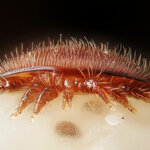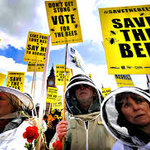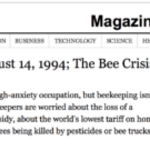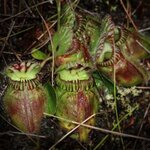
In early times, a raven could be a bad omen, and a new study finds that ancient people were not wrong in thinking the raven might be planning on using a negative event to full advantage. It turns out, according to the paper, they plan ahead, just like humans, and can even forgo an immediate reward in order to gain a better one in the future, which at least some humans do. Great apes too.
Ravens and great apes have not shared a common ancestor for over 300 million years, so what explains it? Evolution is not a straight line and the authors speculate that the cognitive "planning" abilities they…







